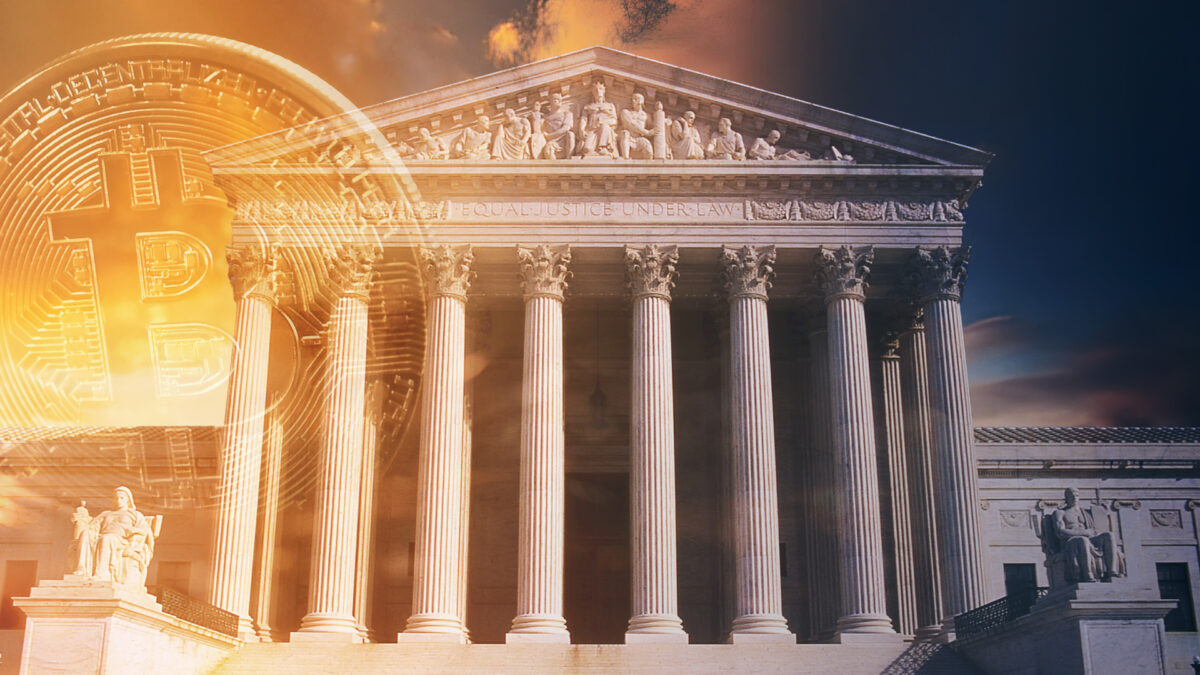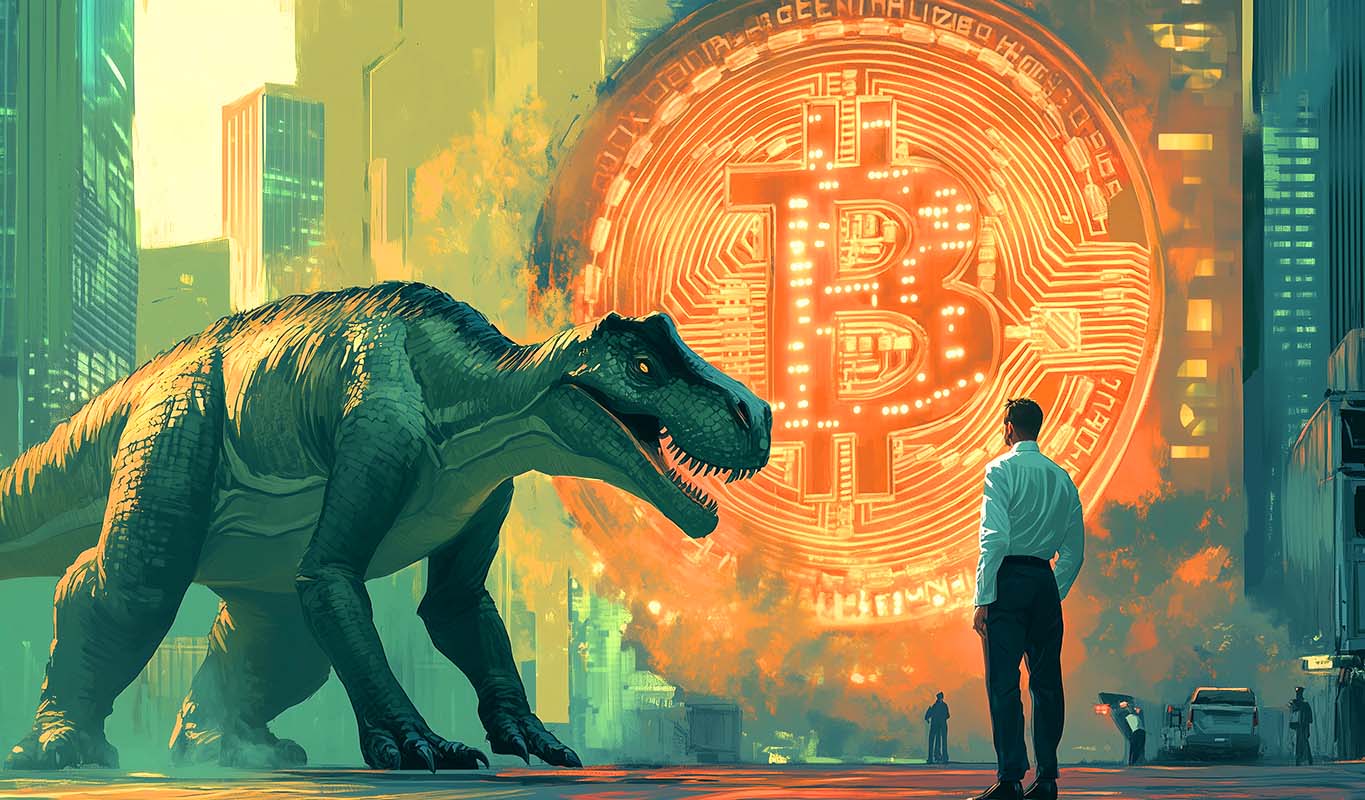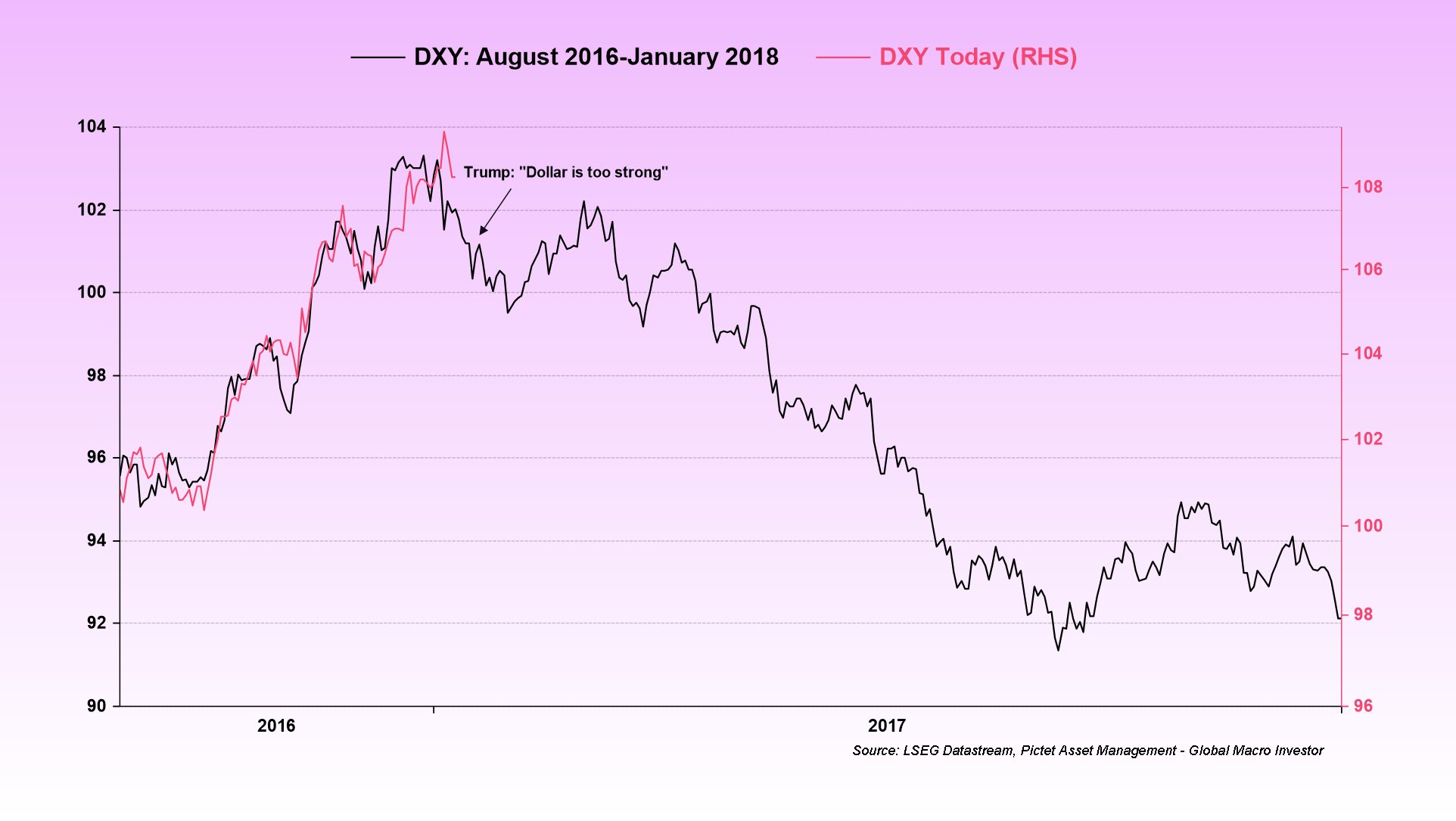In a move signaling a more structured approach to the burgeoning crypto industry, U.S. House Republicans unveiled a fresh legislative proposal on Thursday that establishes swimlanes between the Commodity Futures Trading Commission and the U.S. Securities and Exchange Commission (SEC).
At 212 pages, the “Financial Innovation and Technology for the 21st Century Act” is designed to provide a clear regulatory landscape for digital assets, introducing fresh definitions, highlighting digital asset exemptions, and charts a course for intermediaries in the digital asset space (e.g., crypto exchanges) to go about registering with the CFTC and SEC.
To that effect, the new bill establishes joint rulemaking authority between the two regulatory agencies, granting the CFTC the power to control and oversee the digital commodities market, which includes exchanges and broker-dealers.
The bill in detail
As for the SEC’S authority, the bill proposes amendments to existing U.S. securities laws, whereby the SEC would be required to factor in “innovation” when formulating new regulations. In other words, digital commodities like Bitcoin and certain stablecoins used for payments would be exempt from being classified as “securities.”
The bill also delineates the SEC’s jurisdiction over payment stablecoins, particularly when they are utilized on platforms registered with the SEC. However, it stops short of granting the regulatory body any oversight concerning the design, structure, or operational aspects of these stablecoins.
Companies aspiring to register as broker-dealers or alternative trading systems with the SEC, specifically for functioning as digital asset intermediaries, would be subject to thorough inspections by the regulatory agency.
Rep. Glenn “GT” Thompson (R-Pa.), Chairman of the House Committee on Agriculture, emphasized the importance of the bill in a recent statement.
“Over the past several months, our teams solicited extensive feedback from stakeholder and market participants and worked diligently to produce a legislative product that aims to close existing authority gaps, ensuring U.S. leadership in financial and technological innovation,” Thompson said on Thursday.
Dusty Johnson (R-S.D.) also expressed the industry’s yearning for a clear regulatory stance. “The crypto industry wants clarity, and our collaborative bill gives both the CFTC and SEC a seat at the table. Our bill establishes clear principles to ensure financial security and certainty as blockchain technology continues to innovate.”
This move comes amid growing concerns within the crypto community regarding the perceived regulatory ambiguity in the U.S. Such uncertainties, coupled with a series of assertive enforcement measures by the U.S. Securities and Exchange Commission (SEC), have prompted well-established crypto enterprises to contemplate relocating from the U.S. Moreover, this unclear regulatory environment has also discouraged potential startups from setting up shop in the country.
Criticism and concerns
The bill has not been without its critics. Gabriel Shapiro, the chief legal officer at Delphi Labs, pointed out a significant modification from the bill’s June draft via Twitter. He observed that the updated version of the bill has excluded a variety of conventional securities, such as stocks and bonds, from the “digital assets” definition. This also encompasses “transferable shares” and “certificates of interest” in profit-sharing agreements, among others.
Shapiro expressed concerns over the implications of this change, especially for the decentralized finance (DeFi) sector. He mentioned that certain assets prevalent in the DeFi space, like Compound’s cTokens or Liquid Collective’s Liquid Staking Tokens, might face stringent regulations under the new provisions, even if they weren’t subject to such regulations previously.
As the crypto community awaits further developments, it’s evident that the proposed bill has sparked a renewed debate on the balance between innovation and regulation in the digital asset sector. The coming months will be crucial in determining whether this proposed bill addresses the most fundamental questions that have left U.S. investors and industry participants rightfully frustrated and agitated.
Editor’s note: This article was written by an nft now staff member in collaboration with OpenAI’s GPT-4.
Credit: Source link










































